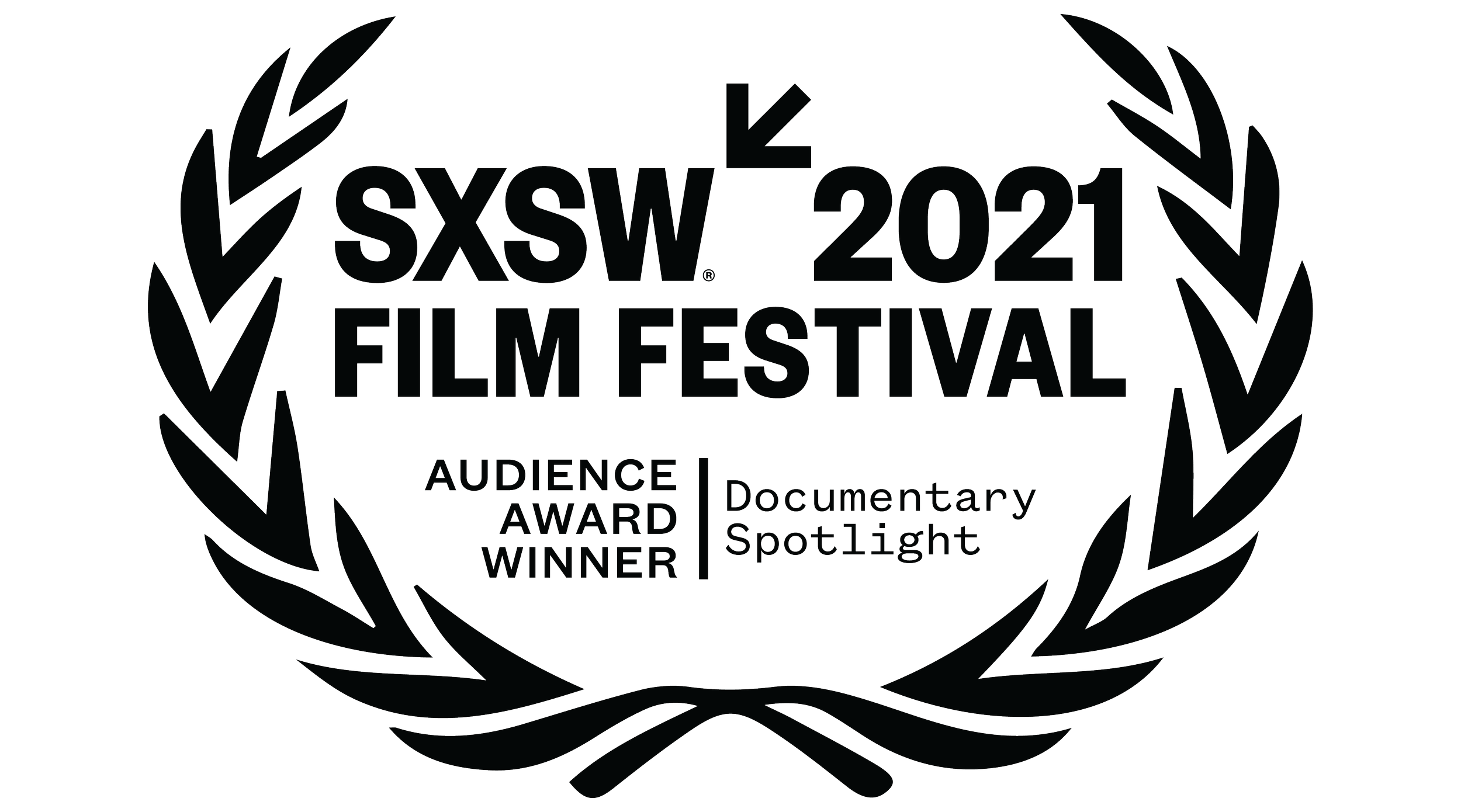
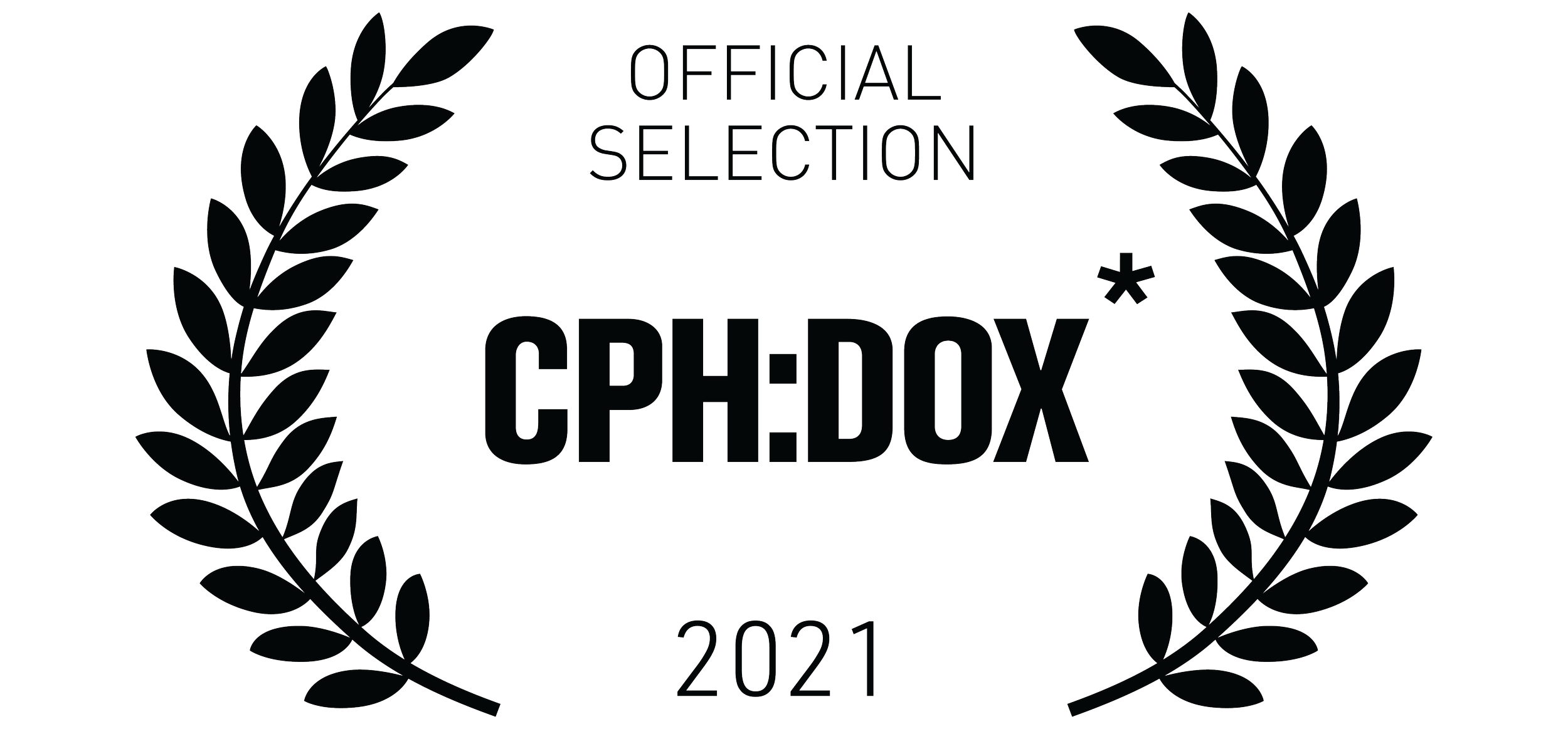
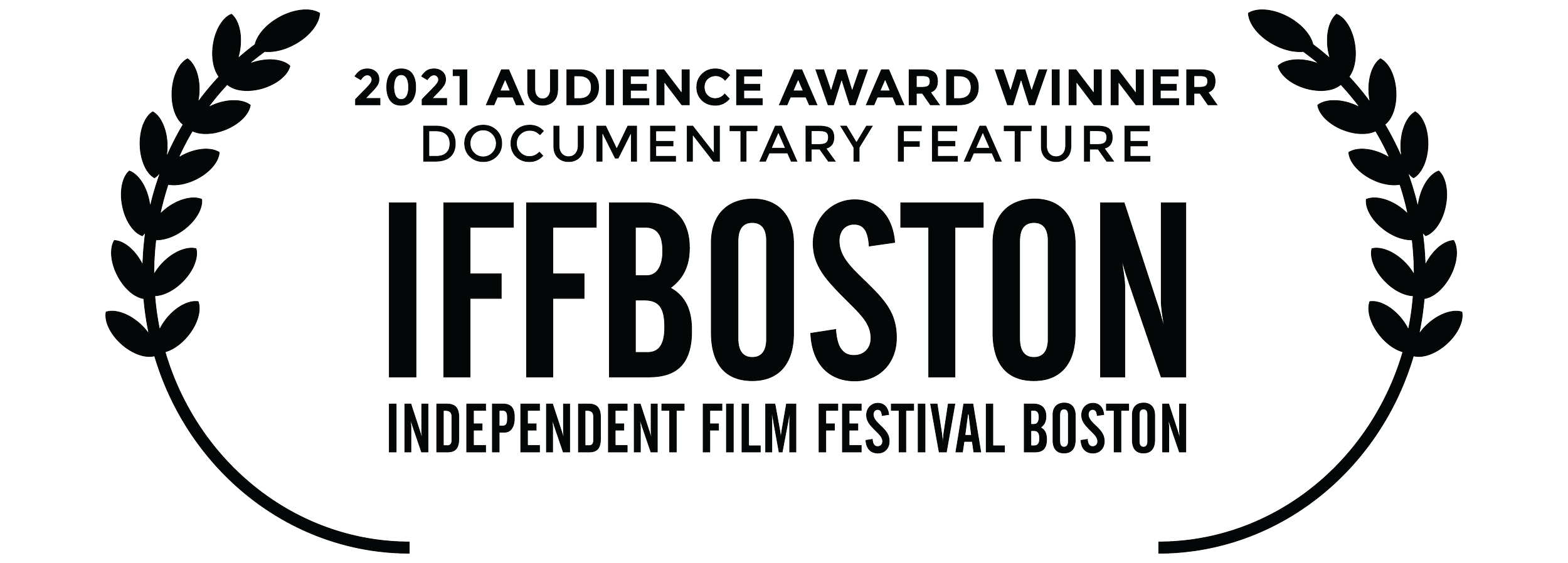
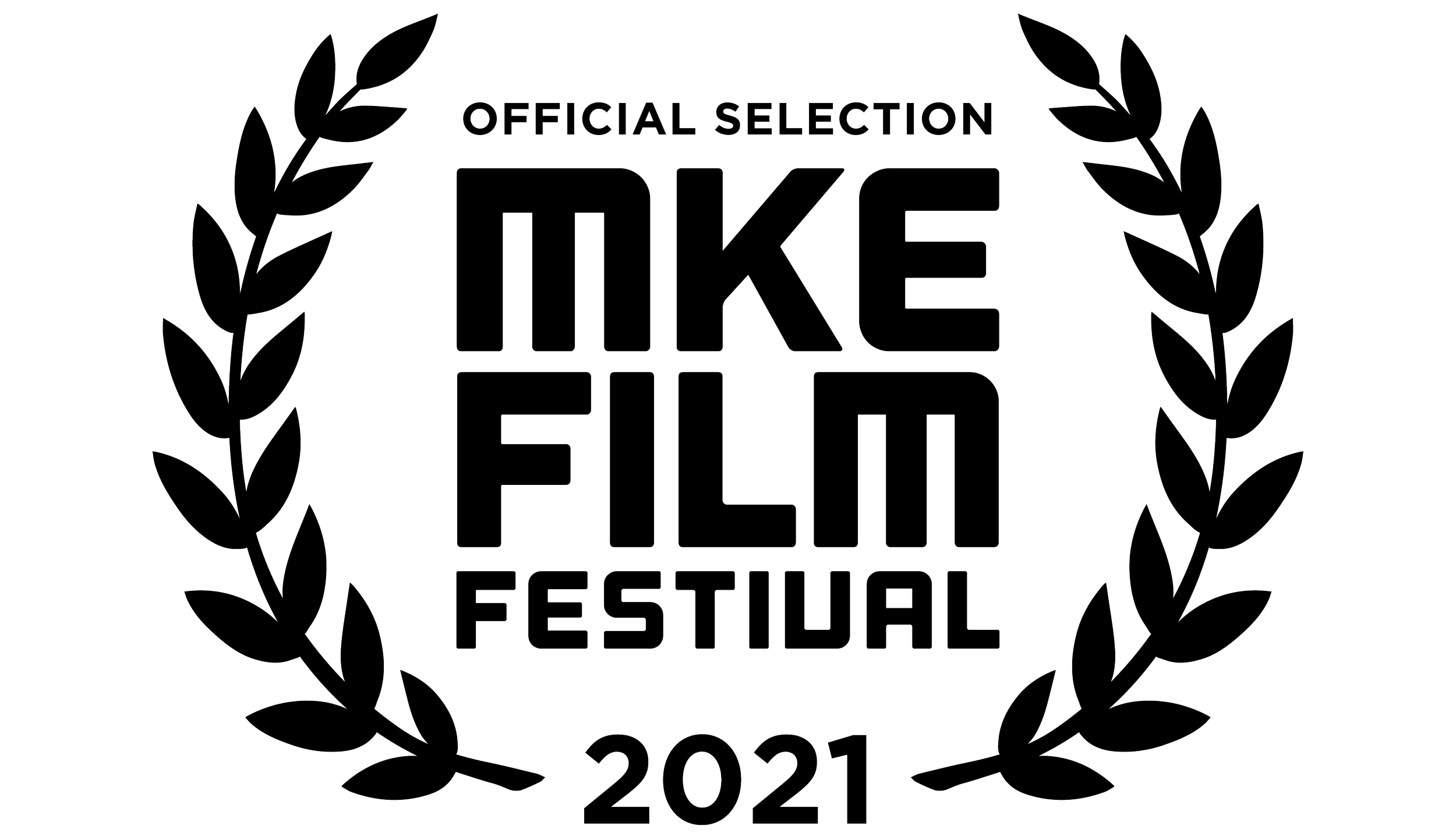
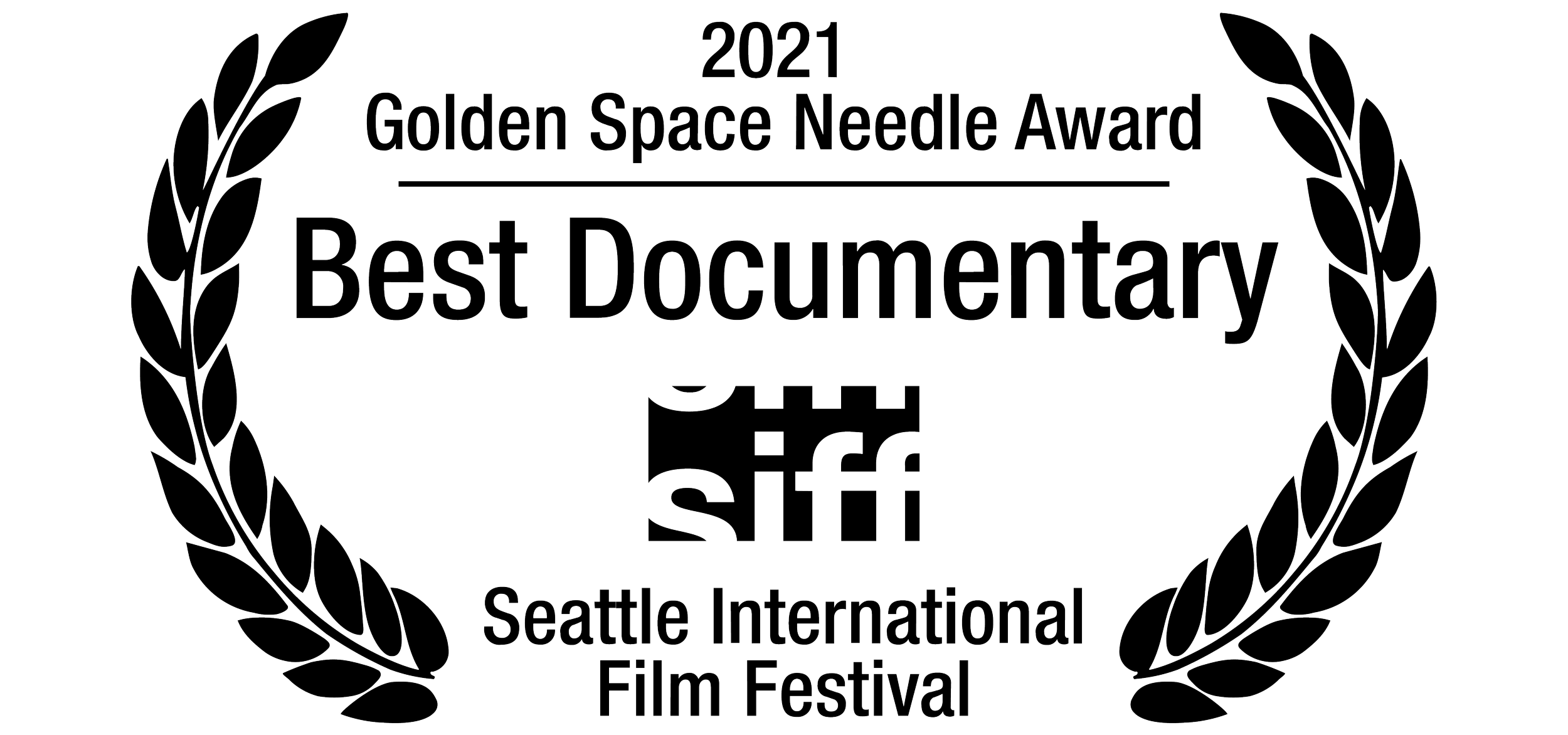

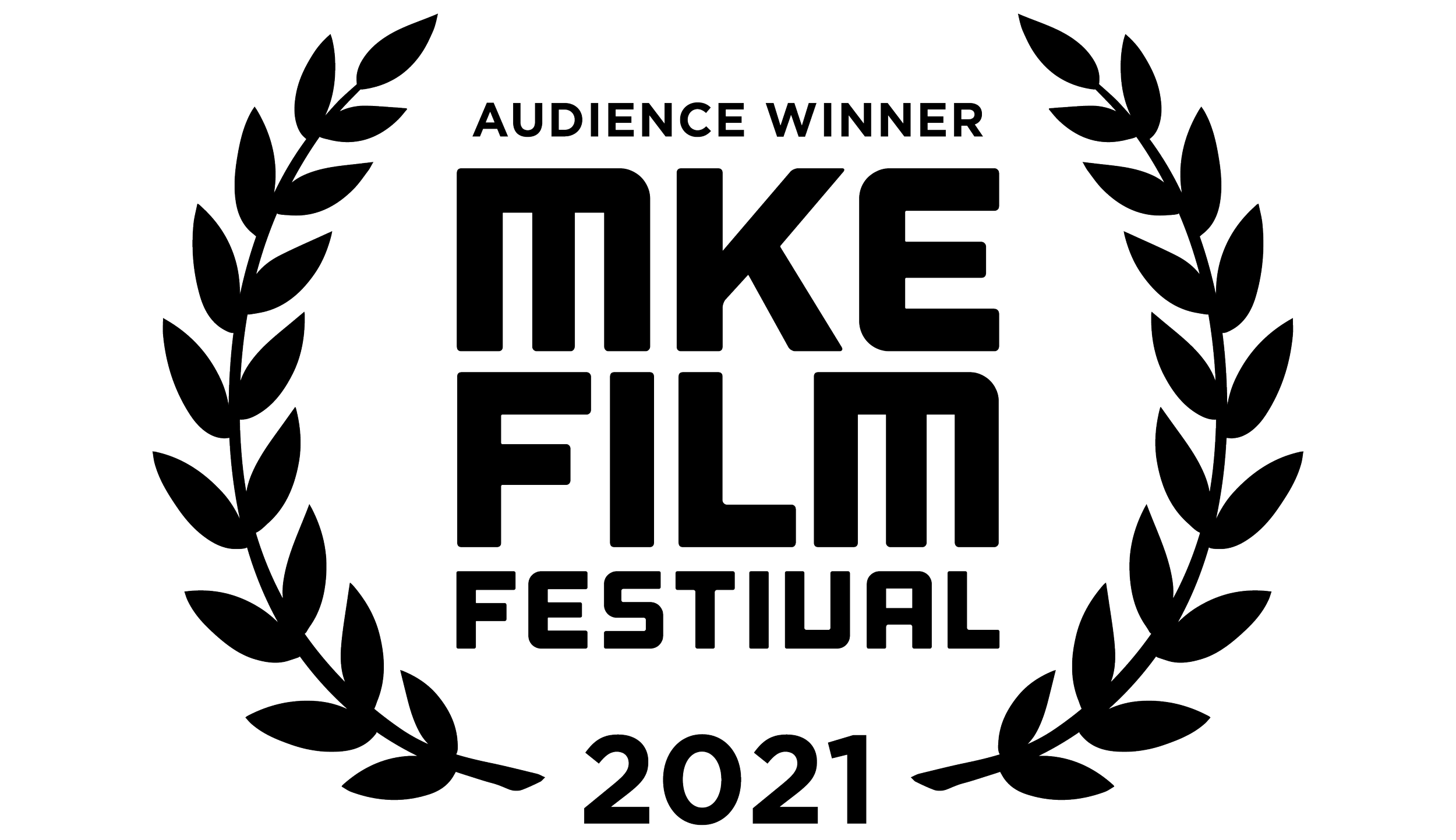
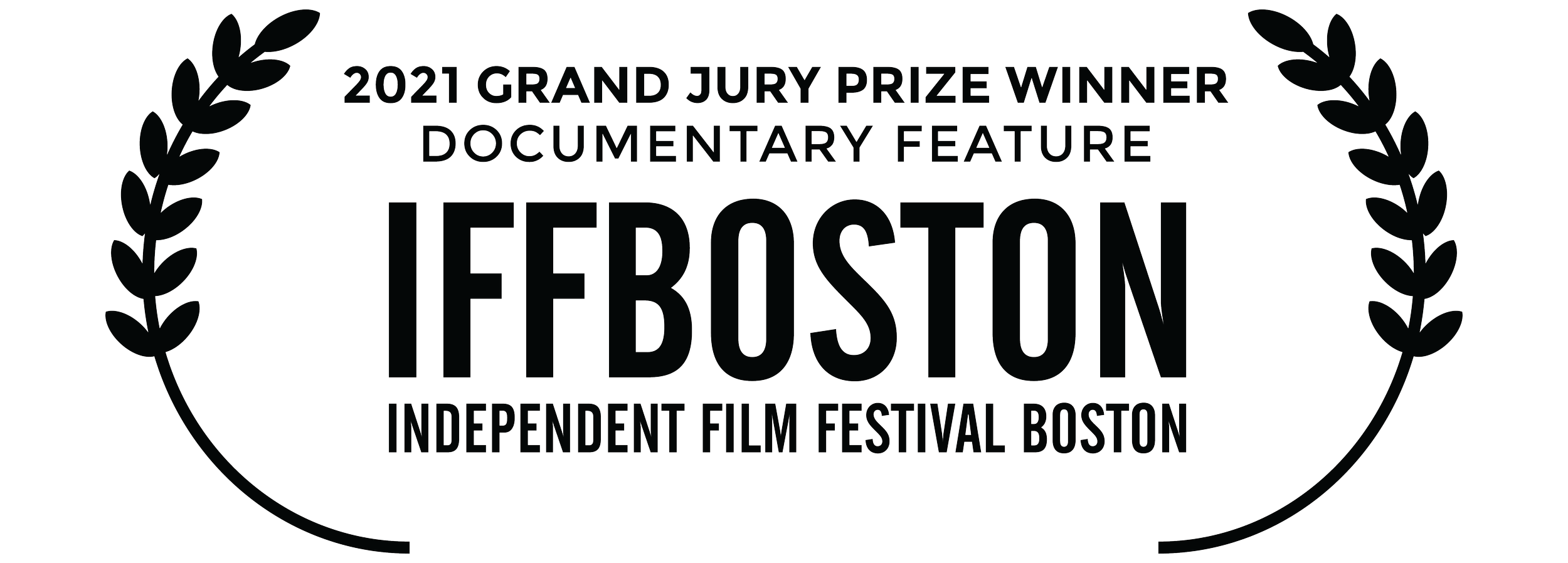
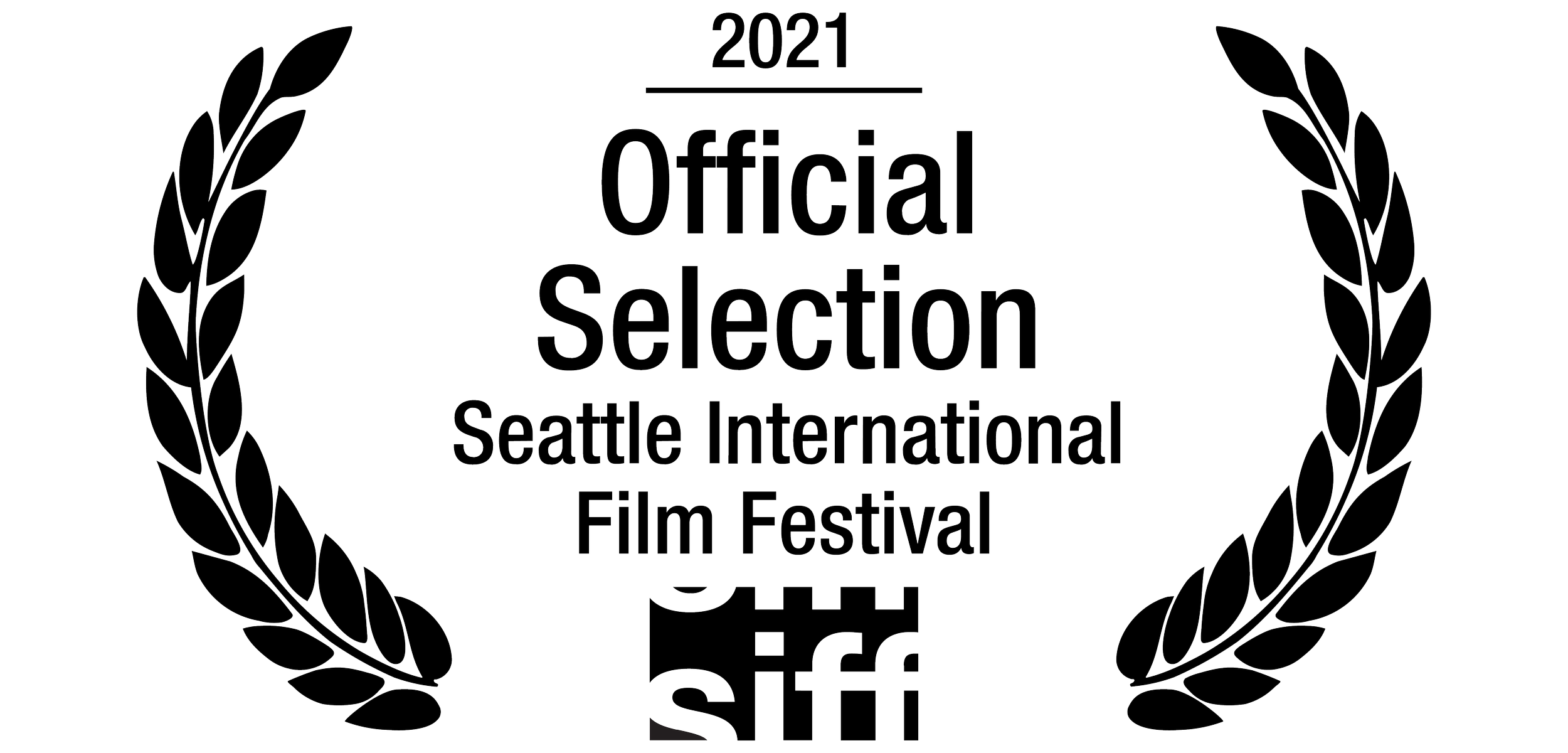
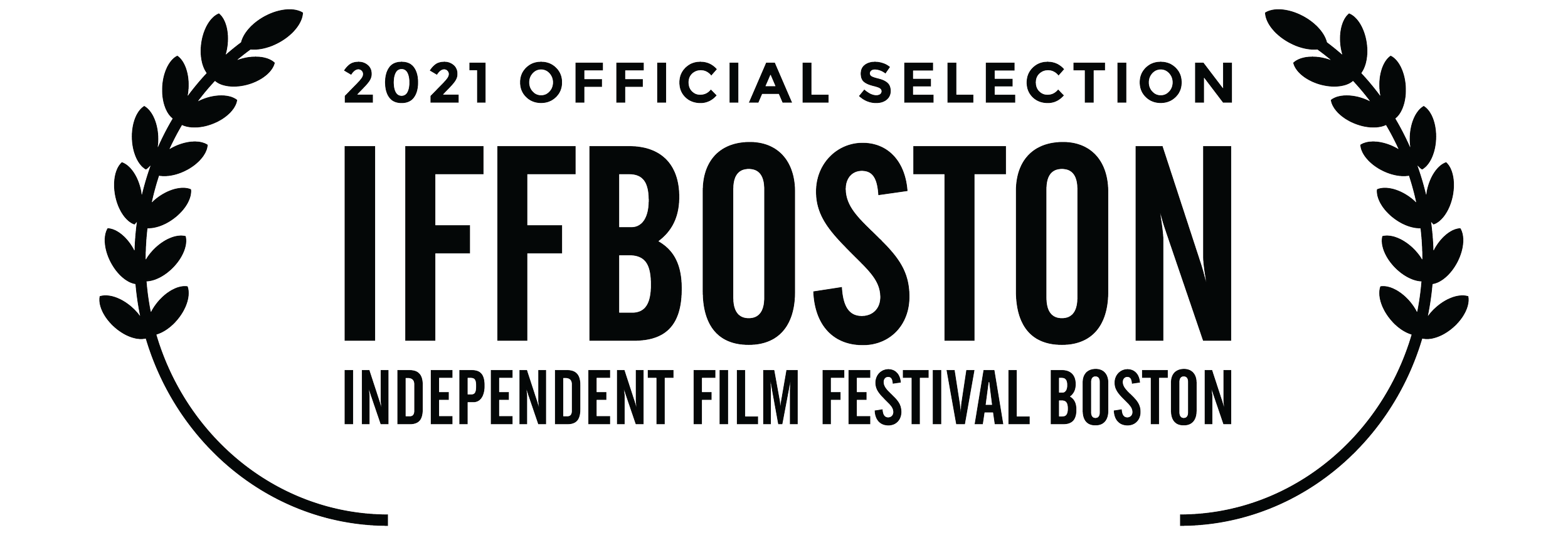

The Film
Who We Are: A Chronicle of Racism in America
Interweaving lecture, personal anecdotes, interviews, and shocking revelations, The Who We Are Project founder Jeffery Robinson draws a stark timeline of anti-Black racism in the United States, from slavery to the modern myth of a post-racial America.
The Trailer
Where to Watch
“Who We Are” is streaming on digital platforms such as Amazon Prime, Apple TV, DirecTV, GooglePlay, Microsoft, Spectrum Cable, Vudu, Xfinity, and YouTube TV.
Also available as a DVD and Blu-Ray for purchase online at stores such as Target, Best Buy, Barnes & Noble, Walmart, & Amazon.
-
Amazon Prime
DirecTV
Microsoft
Xfinity
YouTube TV
Don’t see your platform above? Check Just Watch for other options.
-
Screen the Film
Interested in hosting a screening of the film? The Who We Are Project offers the opportunity to license the film through our distribution partner, ROCO Films. Fill out our form here for more information on pricing for your event.
About the Film
-
Former ACLU Deputy Legal Director Jeffery Robinson had one of the best educations in America. He went to Marquette University and Harvard Law School and has been a trial lawyer for over 40 years. In 2011, Robinson began raising his then 13-year-old nephew and, as a Black man raising a Black son, struggled with what to tell his son about racism in America. Robinson was 11 years old when the Reverend Dr. Martin Luther King Jr. was murdered in Robinson’s hometown of Memphis, Tennessee. He marched with his father and brother in one of the Memphis Sanitation Worker strikes. Robinson also attended a court hearing for some of those arrested for marching and that experience, at 11 years old, is why he ultimately became a criminal defense lawyer. Before King’s murder, Robinson believed the country had reached a “tipping point,” and true racial equality was within reach. When King was killed, it felt to Robinson like the movement died with him. How, he wondered, did we get here?
After many years as a practicing lawyer, Robinson started looking at our Nation’s history and was shocked by how deeply encoded white supremacy and the oppression of Black Americans is in that history. For the past 10+ years, Robinson has been sharing what he learned in community centers, concert halls, houses of worship, and conference rooms across America. He is a sought-after speaker and his presentations are unforgettable in the hearts and minds of those who see it. On Juneteenth (June 19) 2018, Robinson brought his presentation to the New York stage, performing before a packed house at the historic Town Hall theater on Broadway.
In “Who We Are: A Chronicle of Racism in America”, Robinson faces his largest audience, asking all of us to examine who we are, where we come from, and who we want to be. Anchored by Robinson’s Town Hall performance, the film interweaves historical and present-day archival footage, Robinson’s personal story, and vérité and interview footage capturing Robinson’s meetings with Black change-makers and eyewitnesses to history. From a hanging tree in Charleston, South Carolina, to a walking tour of the origins of slavery in colonial New York, to the site of a 1947 lynching in rural Alabama, the film brings history to life, exploring the enduring legacy of white supremacy and our collective responsibility to overcome it.
In “Who We Are: A Chronicle of Racism in America”, Robinson shows us how legalized discrimination and state-sanctioned brutality, murder, dispossession, and disenfranchisement continued long after slavery ended, profoundly impeding Black Americans’ ability to create and accumulate wealth as well as to gain access to jobs, housing, education, and health care. Weaving heartbreak, humor, passion, and rage, Robinson’s words lay bare an all-but-forgotten past, as well as our shared responsibility to create a better country in our lifetimes.
“Who We Are: A Chronicle of Racism in America” was written by Jeffery Robinson, and directed by Emily Kunstler and Sarah Kunstler.
-
A sampling of the materials that inspired Jeffery Robinson's talk.
Research assistance provided by Felicitas R. Jaima, Ph.D. African Diaspora History, NYU
Raising Anti-Racist Children:
Bronson, Po, and Ashley Merryman. NurtureShock: New Thinking About Children. New York: Twelve, 2009
Stereotypes, Coded Language, & Implicit Bias:
Goldin, Claudia and Cecilia Rouse. Orchestrating Impartiality: The Impact Of 'Blind' Auditions On Female Musicians, American Economic Review, 2000, v90 (4,Sep), 715-741.
Haney-López, Ian. Dog Whistle Politics: How Coded Racial Appeals Have Reinvented Racism and Wrecked the Middle Class. Oxford; New York: Oxford University Press, 2014.
Kahneman, Daniel. Thinking, Fast and Slow. New York: Farrar, Straus and Giroux, 2011.
Duncan, B.L. (1976). Differential perception and attribution of intergroup violence: Testing the lower limits of stereotyping of Blacks. Journal of Personality and Social Psychology, 34(4), 590-598.
The History of Slavery:
"20. and odd Negroes"; an excerpt from a letter from John Rolfe to Sir Edwin Sandys (1619/1620)
Genealogy Bank: African American Slave Trade: Ships & Records for Genealogy
The Trans-Atlantic Slave Trade Database
Digital History - The Virginia Slave Trade
Slavery and the Law in Virginia
1740 South Carolina Slave Code
How many signers of the Declaration of the Independence Owned Slaves
List of U.S. Presidents Who Owned Slaves, Wikipedia.
Slavery and the Constitution
Ratification of the Constitution by the State of Virginia; June 26, 1788, Yale Law School, The Avalon Project.
King Cotton:
Mississippi History Now: Cotton in a Global Economy: Mississippi (1800-1860)
American Cotton Production, Exports and Percentages of Cotton Exported, Federal Reserve Register, May 1923
Cotton Gin and Eli Whitney, The History Channel Website
Coates, Ta-Nehisi, What Cotton Has Wrought, The Atlantic, July 30, 2010
Mayor Fernando Wood’s Recommendation of the Secession of New York City, January 6, 1861. TeachingAmericanHistory.org
Andrew Jackson:
Brown, DeNeen L. Hunting down runaway slaves: The cruel ads of Andrew Jackson and ‘the master class,’ The Washington Post, May 1, 2017
Miller Center—U.S. Presidents—Andrew Jackson
Andrew Jackson—Runaway Slave Advertisement
Francis Scott Key:
Leepson, Marc. Francis Scott Key: A Life. From What So Proudly We Hailed. New York: St. Martin's Press, 2014.
Lineberry, Cate. The Story Behind the Star Spangled Banner, Smithsonian.com, March 1, 2007.
Wilson, Christopher, Where’s the Debate on Francis Scott Key’s Slave-Holding Legacy?, Smithsonian.com, July 1, 2016
Nathan Bedford Forrest:
Wyath, John Allen. That Devil Forrest: Life of General Nathan Bedford Forrest, Foreword by Albert Castel, xxi.
The Colonial Marines:
McNish Weiss, John. The corps of colonial marines 1814–16: A summary, Immigrants & Minorities, Historical Studies in Ethnicity, Migration and Diaspora, Volume 15, 1996 - Issue 1, 80-90.
Black Sailors and the War of 1812
The Civil War: Slavery and Secession
DECLARATION OF CAUSES: February 2, 1861—A declaration of the causes which impel the State of Texas to secede from the Federal Union, Texas State Library and Archives Commission.
A Declaration of the Immediate Causes which Induce and Justify the Secession of the State of Mississippi from the Federal Union, Yale Law School, The Avalon Project.
Address of George Williamson, Commissioner from Louisiana to the Texas Secession Convention, civilwarcauses.org
Secession Ordinances of 13 Confederate States, Digital History.
Florida Secedes from the Union, Museum of Florida History.
Confederate States of America—Georgia Secession, Yale Law School, The Avalon Project.
Alexander H. Stephens' “Corner Stone” Speech, Savannah, Georgia, March 21, 1861, teachingamericanhistory.org
After the Civil War/Reconstruction:
DC Compensated Emancipation Act, United States Senate website.
Homestead Act of 1862, ourdocuments.gov
Newspaper Account of a Meeting between Black Religious Leaders and Union Military Authorities [New York, N.Y. February 13, 1865]
Henry Louis Gates, Jr., The Truth Behind '40 Acres and a Mule', The African Americans, PBS
Black Leaders During Reconstruction, The History Channel website.
Freedmen’s Savings and Trust Company (1865-1874), blackpast.org
The Civil Rights Act of 1875, History, Art & Archives, United States House of Representatives
Articles on controversy around teaching slavery in the context of the Civil War:
Weissert, Will. A classroom divided? In the US, Civil War lessons vary state to state, Christian Science Monitor, August 22, 2017.
Brown, Emma. Texas officials: Schools should teach that slavery was ‘side issue’ to Civil War, The Washington Post, July 5, 2015.
Gold, Jonathan. The Persistence of Myth: The Causes of the Civil War, Teaching Tolerance, May 15, 2017.
Schuessler, Jennifer. A Refusal to Compromise? Civil War Historians Beg to Differ, The New York Times, October 31, 2017.
Lynchings:
Linder, Professor Douglas O. Lynchings by Year and Race, famous-trials.com
Lewis, Danny. This Map Shows Over a Century of Documented Lynchings in the United States, Smithsonian.com, January 24, 2017.
Equal Justice Initiative. Lynching in America: Confronting the History of Racial Terror, eji.org
The Ku Klux Klan:
Janik Rachel. 'Writing History With Lightning': The Birth of a Nation at 100, Time.com, February 8, 2015.
Brown, Deneen L. When Portland banned blacks: Oregon’s shameful history as an ‘all-white’ state, The Washington Post, June 7, 2017.
Black Exclusion Laws in Oregon, The Oregon Enclyclopedia.
Jackson, Charles O. William J. Simmons: A Career in Ku Kluxism, The Georgia Historical Quarterly, Vol. 50, No. 4, December, 1966
Brown, Deneen L. The preacher who used Christianity to revive the Ku Klux Klan, The Washington Post, April 10, 2018.
Civil War Monuments:
Fennessey, Brian K. Silent Sam and other Civil War monuments rose on race, The News & Observer, November 23, 2017.
The United States' Treatment of Native Americans
Department of State, Office of the Historian. The Indian Removal Act of 1830.
Price, Gregg. Trump Makes Pochahontas Joke about Elizabeth Warren at Navajo Code Talkers Event, Newsweek, November 27, 2017.
Housing Segregation:
Rothstein, Richard. The Color of Law: A Forgotten History of How Our Government Segregated America. New York: Liveright, 2017.
-
Jeffery Robinson, Producer/Writer
This project began in 2011, when my wife and I became parents. My wife’s younger sister died in 2011, and her son, Matthew, moved from Queens to Seattle to live with us during the summer before his ninth-grade year. The experience of having a young Black person in our home brought all issues of race that I dealt with as a criminal defense lawyer to a very personal level.
Matt was a young Black person stepping out into the streets of the United States, and I was afraid of what that would mean for him. My fear led me to dig deeper into anti-Black racism in this country, and I began learning aspects of our history that I had never heard before.
George Orwell warned us that “Who controls the past controls the future.” Knowledge is power. A false narrative about the role of white supremacy and anti-Black racism in the United States has led to our failure to make significant, lasting progress on the issue of racial justice. Knowledge can change people’s views, people’s opinions, and their behavior. I never saw this as a question of whether I would make this information public, but how I could do it in the broadest way possible. I started giving this presentation while I was in private practice as a criminal defense lawyer in Seattle because it was important to me. I continued to give the presentation when I went to the ACLU. And, in 2022, I continue to share this information in my role as the founder and chief executive officer of The Who We Are Project.
In 2017, Emily Kunstler and Sarah Kunstler contacted me and told me that my presentation was incredibly moving, and that they thought it should be seen by everyone. They explained that by turning it into a documentary film, we could do that. Any hesitation I might have had about two white women directing a movie about the experience of Black Americans was quickly resolved by their clear commitment to engage in anti-racist self-reflection and action. Just as important was what they proposed; they did not come to me telling me what the film would be, or looking for ownership of it, or looking for money or control of the narrative. They insisted that I would own all the rights to the film, and that I would have final editorial say on the content of the film. As we worked together, we built trust – I was reluctant to have personal stories included but they convinced me that some of my family history would help complete the narrative. I agreed because of the trust we built working together for 3 years, and the film is better for it.
Together, we created a work of art, as well as a tool that will help us advance the goal of The Who We Are Project, the organization that evolved out of the presentation – to correct the narrative about the United States’ history of anti-Black racism. There are many lanes to fill in the fight for racial justice. The Who We Are Project will focus on fierce and factual engagement with anyone who will listen to advance education about our true history.
What started as a search in my attempt to help my nephew deal with the challenges of racism in the United States turned into an education I was not expecting. The title of the film – Who We Are: A Chronicle of Racism in America – is important. It is “A” chronicle, not “THE” chronicle of racism in the United States of America, which would take much longer to tell. My work focuses on the experience of Black America.
I hope that my son/nephew lives his life in the world free from crippling pandemics. I hope he can live in a country that has taken strides toward racial justice that go far beyond what happened in my lifetime. I hope we get to a point where the narrative in the United States about our past is one that is true, not to tear ourselves down, but to reckon with where we started and how far we need to go to get to the true promises of our country.
Emily Kunstler, Director
My sister Sarah and I have been making documentaries together for almost 20 years; most of our work has taken the form of advocacy films produced in coordination with campaigns for racial justice. Our first film, Tulia, Texas: Scenes from the Drug War, exposed a racist small-town drug sting, inspiring national media coverage and leading to state and federal investigations and changes in Texas law. Our feature documentary, William Kunstler: Disturbing the Universe, premiered at Sundance, was distributed theatrically, broadcast on PBS, and was short-listed for an Academy Award. The film is an examination of our father’s life and choices, tracing his career as a civil rights lawyer and fighter for racial justice, as well his representation of society’s most despised.
When Sarah and I first heard Jeffery Robinson speak, we were floored. It wasn’t just the facts he had assembled – it was Jeffery Robinson himself. He is a dynamic storyteller who brings history to life, inviting audiences of all races to view the history of anti-Black racism in the United States, and the erasure of this history as a crime perpetrated on all of us. We were compelled to partner with Jeffery and help him take his presentation to a wider audience.
Throughout the making of this film, one of the questions we often get is why are two white women making this film? Our answer is that the history of slavery in the United States is not Black history, it is American history; a history of white supremacy and white complicity as well as a history of Black oppression and resistance. Growing up, Sarah and I were taught that it was our moral responsibility to stand up against racism and fight for justice. This responsibility includes learning and sharing our country's painful history. Just as Jewish people should not bear the burden of reminding us that the Holocaust matters, Black Americans are not responsible for making sure that the true history of our nation is acknowledged and reckoned with. While Sarah and I are the directors, we have no ownership of the film, which belongs to Jeffery. Profits, should there be any, go to The Who We Are Project, a non-profit organization Jeffery has established to continue this work.
Who We Are: A Chronicle of Racism in America is a collaborative effort between Black and white Americans to get back our nation's stolen history, to accept our obligation to learn it and represent it, and to come to terms with it as our shared inheritance. It is also the profile of a man on a quest to share what he has learned and to go beneath that history to the lived experience of Black people whose lives have been shaped by a legacy that our country has largely forgotten. It is a film that meets the historical and cultural moment in which we are living. It asks all of us to examine where we come from, who we are, and who we want to be.
Press
-
RogerEbert.com: Review, ‘Who We Are: A Chronicle of Racism in America’, by Matt Fagerholm, January 14, 2022
Variety: ‘Review: ACLU Lawyer Lays Out a Clear Case for a More Perfect Union, By Peter Debruge, January 14, 2022
New York Times: ‘Who We Are: A Chronicle of Racism in America’ Review: Social Studies by Ben Kenigsberg, January 13, 2022
Los Angeles Times: Review: ‘Who We Are: A Chronicle of Racism in America’ imparts powerful lessons, by Robert Daniel, January 13, 2022
The Wrap: ‘Who We Are’ Film Review: Doc Enters Critical Race Theory Fray With Truth and Heart, by Ronda Racha Penrice, January 13, 2022
Common Sense Media: Review: Who We Are: A Chronicle of Racism in America, by Monique Jones, January 13, 2022
The Wall Street Journal: ‘Who We Are: A Chronicle of Racism in America’ Review: Show, Tell and Engage, by Joe Morgenstern, January 12, 2022
Variety: ‘Who We Are: A Chronicle of Racism in America’ Trailer Says the U.S. Is at a Tipping Point, by Jazz Tangcay, December 10, 2021
Deadline: African American Film Critics Top 10 Films of 2021, By Patrick Hipes, December 8, 2021
SEVENTH-ROW: HotDocs Review: Who We Are: Chronicle of Racism in America, by Alex Heeney, May 8, 2021
POV Magazine: Confronting an Inconvenient American Truth, by Pat Mullen, May 7, 2021
Variety: How Filmmakers Transformed a Powerful ACLU Speech Into Doc ‘Who We Are: A Chronicle of Racism in America’, by Jazz Tangcay, April 15, 2021
New York Amsterdam News: SXSW debut doc inspired by ACLU legal director, by Nadine Matthews, April 1, 2021
Hammer to Nail: Film Review: Who We Are: A Chronicle of Racism in America, By Christopher Reed, March 29, 2021
SCREENDAILY, ‘Who We Are: A Chronicle Of Racism In America’: SXSW Review, Fionnuala Halligan, March 26, 2021
Austin Chronicle, SXSW Film Review: Who We Are: A Chronicle of Racism in America, by Michael King, March 24, 2021
Rolling Stone Magazine, SXSW 2021: 10 Movies We Can’t Wait to See, Rolling Stone Magazine, by David Fear, March 16, 2021
-
WNYC, All of it, with Alison Stewart, New Documentary Covers ACLU's Fight Against Racism, January 17, 2022
Democracy Now! with Amy Goodman, “Who We Are”: New Film Chronicles History of Racism in America Amid Growing Attack on Voting Rights, January 14, 2022
WNYC, Documentary of the Week, with Tom Powers, Jeffery Robinson Reexamines Black History in "Who We Are", January 14, 2022
Live on the Fly, with Randy Credico, Interview with 'Who We Are' producers, January 13, 2022
KCRW, Press Play with Madeleine Brand, Centuries of anti-Black racism in US is focus of 'Who We Are' documentary, January 12, 2022
KCRW, Film Review, with Joe Morgenstern, How much Does Cotton Weigh?, January 14, 2022
Awards & Festivals
-
2021
Audience Award Winner—SXSW Film Festival—Documentary Spotlight
Golden Space Needle Winner—Seattle International Film Festival
Audience Award Winner—Milwaukee International Film Festival
Audience Award—Independent Film Festival of Boston
Grand Jury Prize Winner—Independent Film Festival of Boston
The Robert Byrd Best Documentary Film Award, Twin Cities Film Fest
Films For Change Award—Woodstock Film Festival
-
2021
SXSW Film Festival—Documentary Spotlight, World Premiere
Milwaukee Film Festival (MFF)
Boston Independent Film Festival (IFFBoston)
Seattle International Film Festival (SIFF)
AFI FEST LOS ANGELES
Chicago Film Festival
DOC NYC
GlobeDocs
Hot Springs Documentary Festival
Mill Valley Film Festival
Middleburg Film Festival
Lake Placid Film Festival
Philadelphia Film Festival
Twin Cities Film Festival
FilmColumbia
Hawaii International Film Festival
St. Louis International Film Festival
New Orleans Film Festival
Heartland Film Festival
Dallas Film Festival
NYC Urbanworld Film Festival
Lone Star Film Festival
-
2021
Hot Docs International Film Festival, Canada, International Premiere
CPH:DOX, Copenhagen
Morelia Film Festival, Mexico
São Paulo International Film Festival, Brazil
New Zealand International Film Festival
American Film Festival, Poland
More Information
-
Film Team
Meet the directors, producers, cinematographers, editors and other talented team members responsible for collaborating with the community to create our film.
-
Credits & Special Thanks
Outside of our talented team, we would like to acknowledge the myriad other individuals, organizations, community members and contributors who made our film possible.

